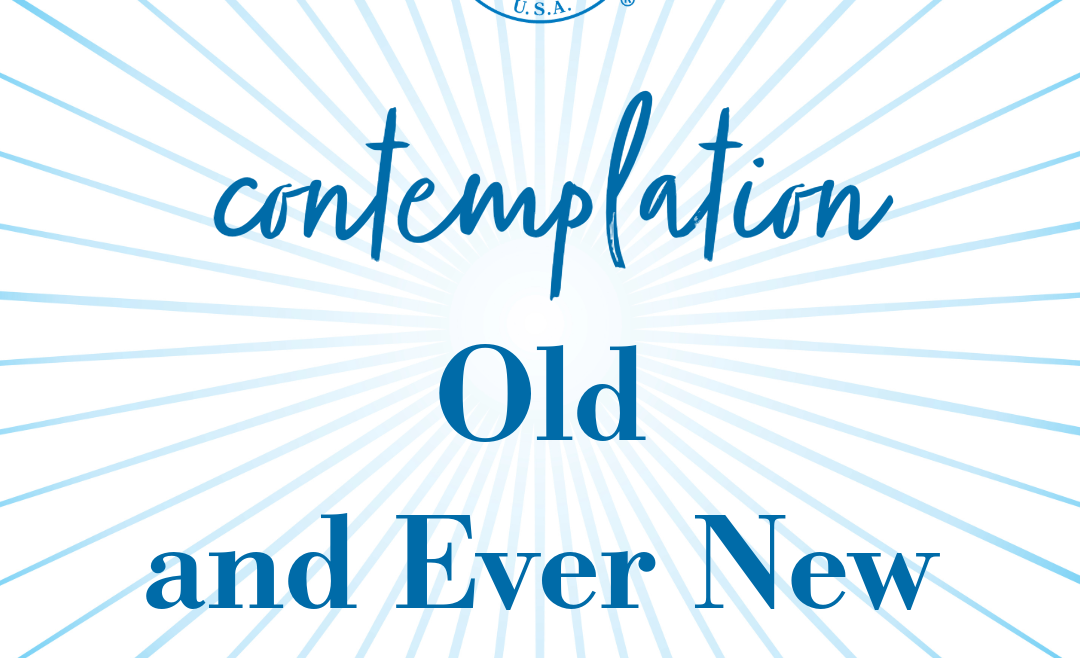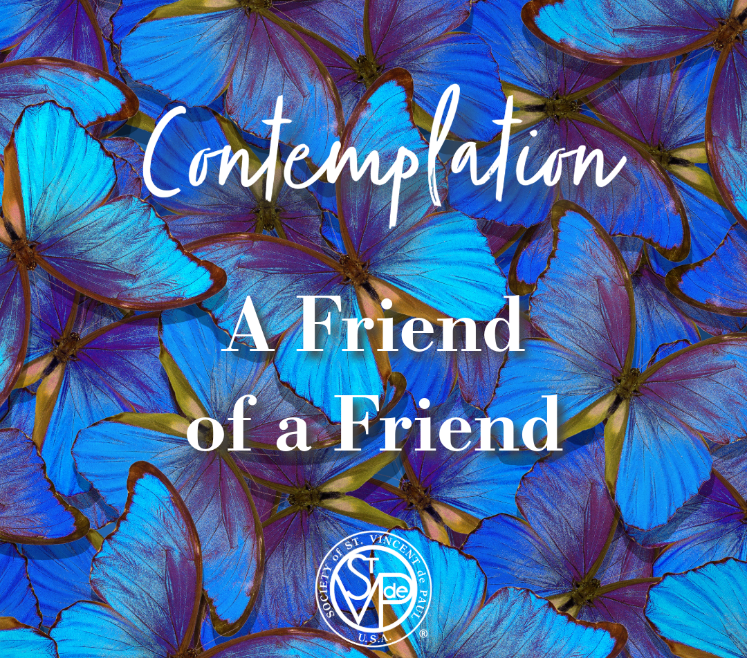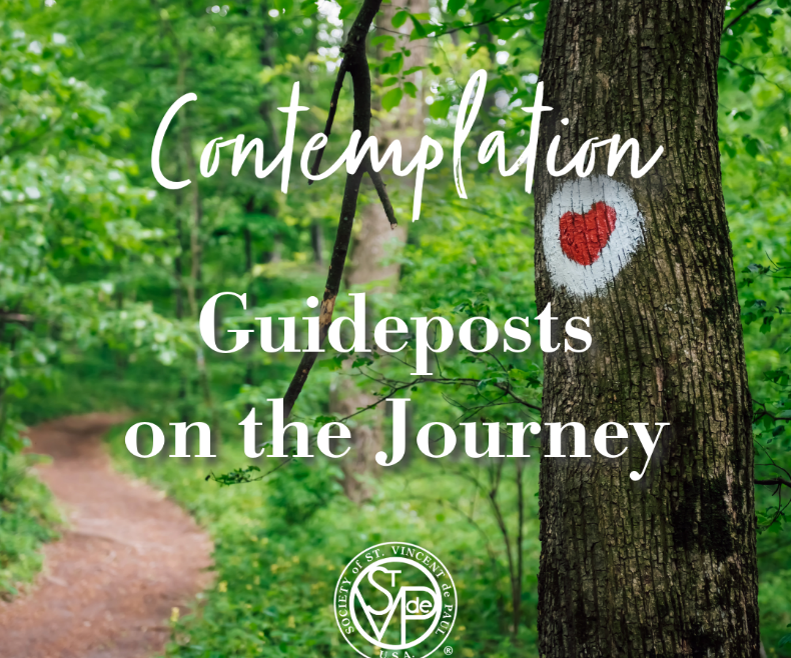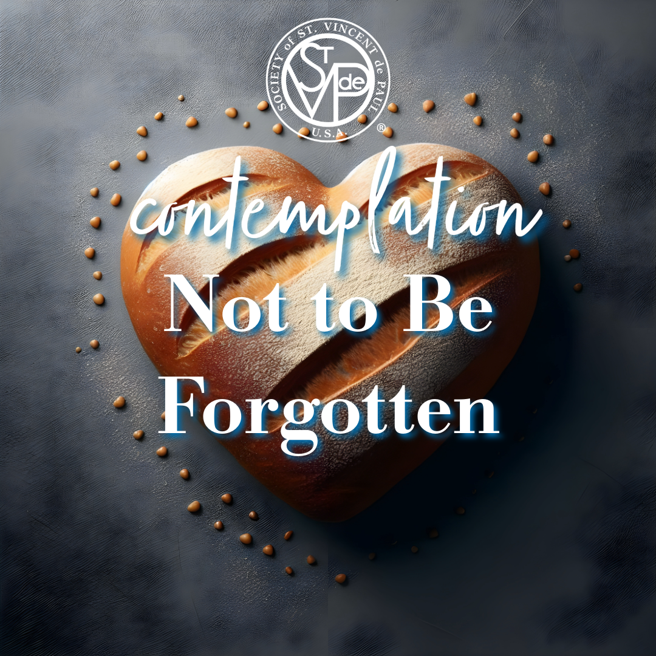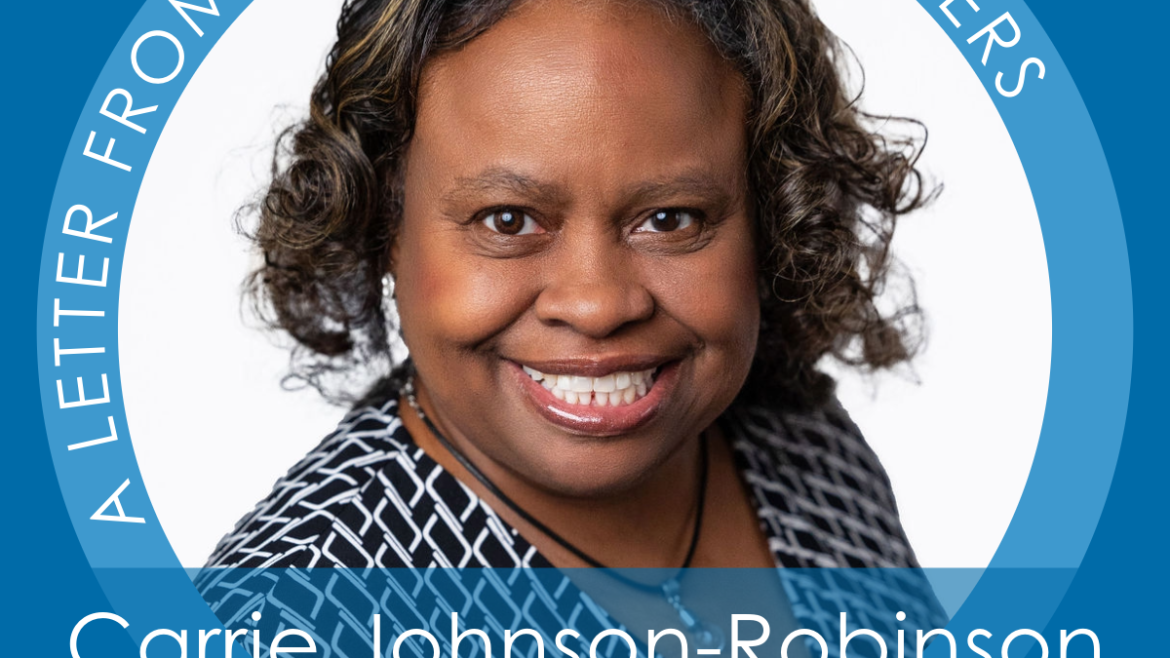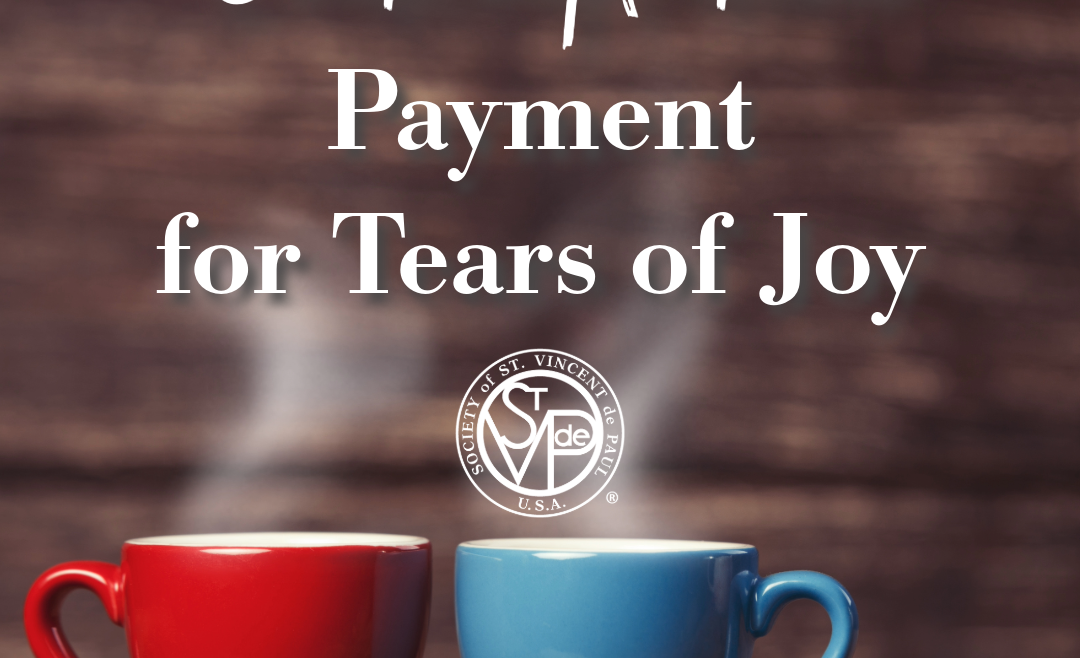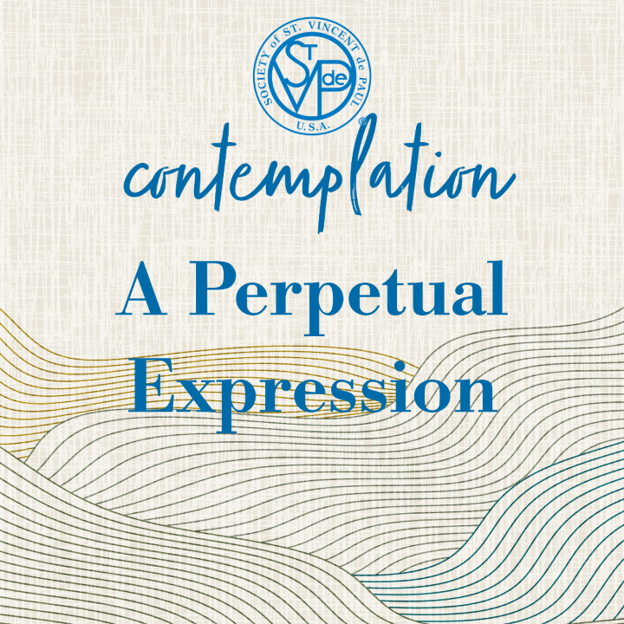With the rapid growth of the Society within its first two years, there arose a debate as to whether the first Conference, now grown quite large, ought to split in two. “Do you not think that our charitable society itself ought to make changes in order to survive,” asked Blessed Frédéric, noting that the change was necessary not to become something different, but to maintain our special character as a small group of friends acting and praying together. [85, to Bailly, 1834] To continue, then, it could no longer be a single conference, but would instead become many conferences.
In our Conferences, Frédéric later observed, “there is change as in all human things.” When the loss of members causes “some weakness … the cleared ranks are soon filled with newcomers … whose more ardent zeal, new ideas, and original insights prevent routine from setting in and the primitive fervor dying.” [141, to Ballofet, 1837] This is why we continue to welcome “all those who seek to live their faith loving and committing themselves to their neighbor in need.” [Rule, Part I, 3.1]
Founded in a time and place where the Church was far weaker, and poverty far greater than today, the Society had as its primary purpose the renewal of the faith — first among the members, then the poor, and finally throughout society. Challenged to show the good of the Church by those who believed that “modern” systems of philanthropy could do greater good by merely distributing bread, our founders recognized that there is no greater good than to do as our Savior did: to go to the poor, to encounter Jesus where he told us He would be, and to share His hope and His love through our person to person service.
Throughout our 191 years, the Society has adapted to many changes in the world around us. We especially try always to recognize and understand new forms of poverty so that we can truly “strive to seek out and find those in need and the forgotten, the victims of exclusion or adversity.” [Rule, Part I, 1.5] Time and again, we find that adaptations are necessary not to change who we are, but to preserve our essence; to renew, not to replace the vision of Blessed Frédéric and his six friends.
As Ozanam biographer Msgr. Louis Baunard explained, the Society “is not old, if you mean by that term superannuated, withered; but it is old, meaning thereby experienced, powerful; old and ever new; as with all things immortal and divine. It is, I admit, not modern, in the sense that a thing is the fashion for a particular time, or in a particular country. But it is, and continues to be, young with eternal youth, with the youth of Charity that knows not decay.” [Baunard, 416]
Contemplate
Do I take the time to recommit myself to growing in holiness through service to Christ’s poor?

